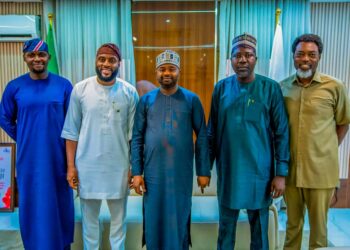

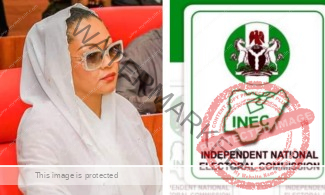
Senator Natasha Akpoti-Uduaghan, representing Kogi Central, has made shocking allegations against the Independent National Electoral Commission (INEC), accusing the body of aiding and guiding petitioners in their alleged illicit attempt to recall her from office.

Speaking during a grand homecoming reception by her supporters in Ihima, Okehi Local Government Area, Akpoti-Uduaghan expressed her concerns over INEC’s role in the recall process. “What I see INEC doing is aiding and guiding the petitioners on how to perfect their illicit act to recall me,” she said.
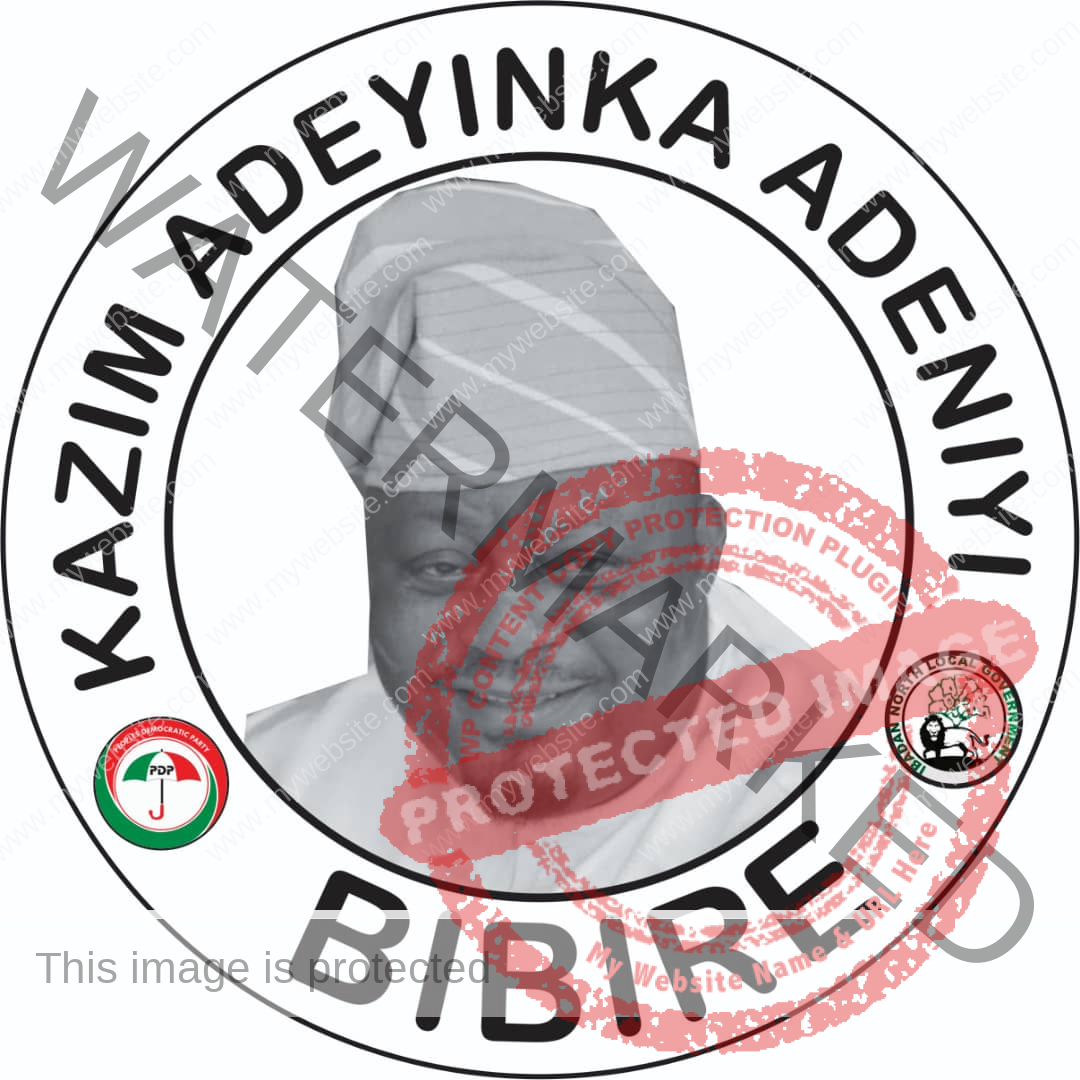

The senator alleged that when the petition was first submitted, it lacked essential details such as addresses and phone numbers. Instead of rejecting the submission outright, INEC assisted the petitioners in providing the necessary details. “The first time the petition was submitted, they didn’t have an address, phone numbers, and all of that. INEC went out of its way to guide them on how to submit the correct information to perfect their petition,” she stated.
Akpoti-Uduaghan further disclosed that the group behind the recall effort, the APC Kogi Central Political Frontier, used a fictitious address—Number 4, Ogborokeba, Ogboroke—which, upon investigation, was found to be nonexistent. “We ran a check on the registration status of the association that sponsored my recall, APC Kogi Central Political Frontier, and the Corporate Affairs Commission (CAC) report came back negative. That association is not registered,” she said.
The senator questioned INEC’s failure to verify the address or investigate the matter further. “I am still waiting. I am wondering why INEC has not yet made a statement to that effect or sent people down to Ogboroke—which is just five minutes away—to verify whether that address is real,” she said.
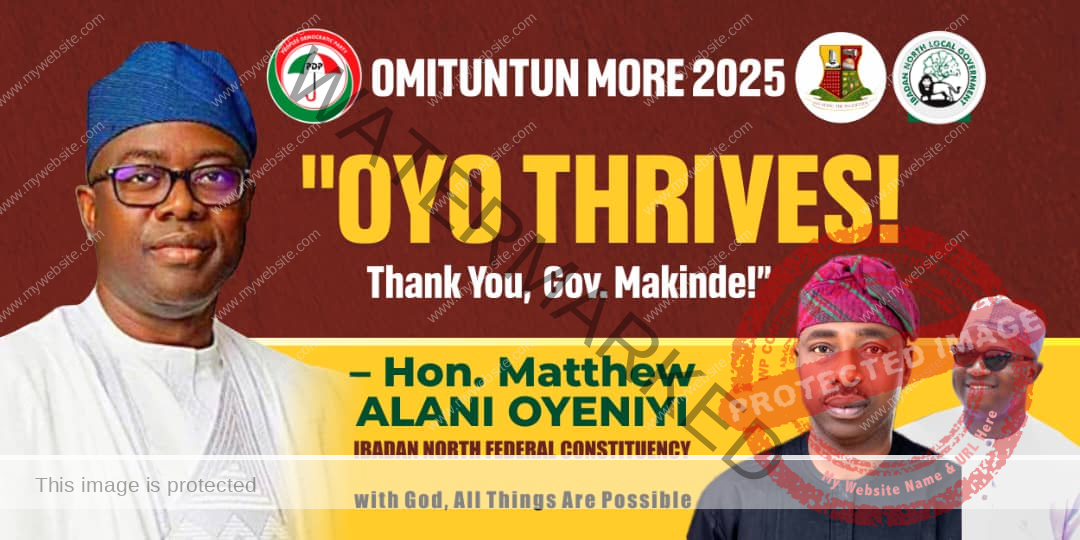
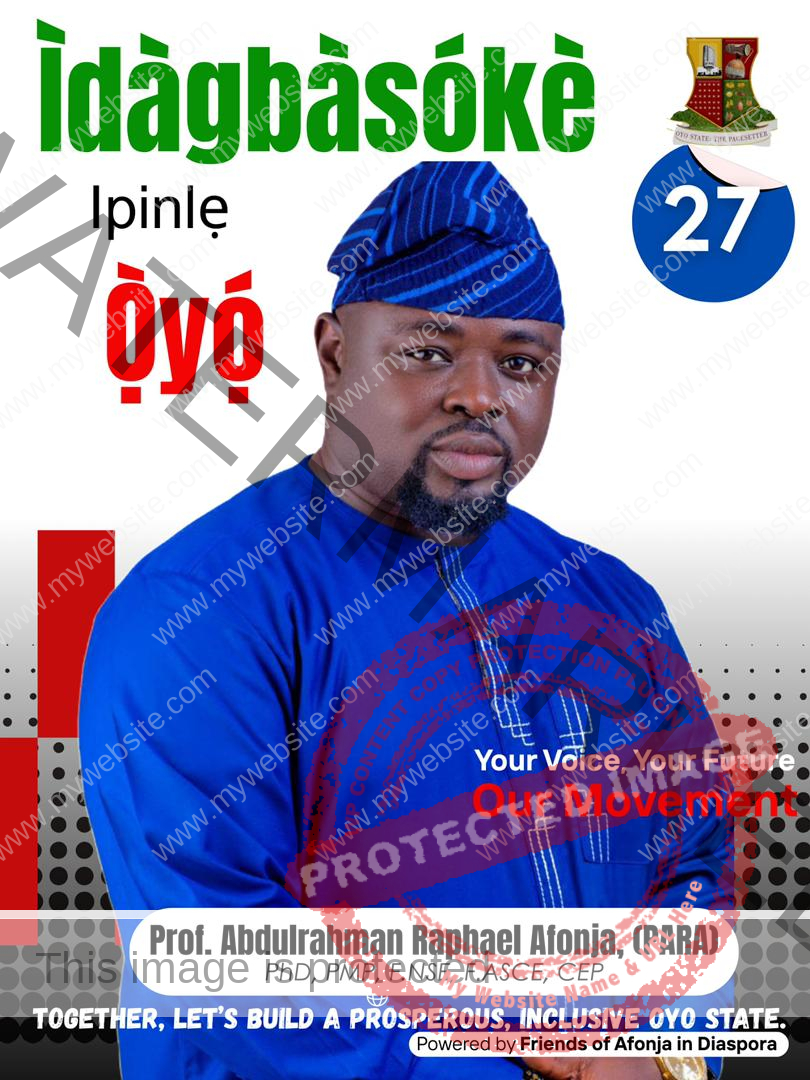
Akpoti-Uduaghan expressed her outrage at the situation, asking, “Have we stooped to the point where fictitious, nonexistent associations and individuals can call for the recall of a senator? Are we in a kangaroo country? We should not allow that.”
Regarding the legal implications of the recall process, Akpoti-Uduaghan expressed uncertainty about how the situation would unfold, noting that the matter is already before the courts. “So now, I don’t know whether the process will be stalled, but we are in court as well. I also don’t know when INEC will come down here to verify you,” she told her supporters.
In an emotional moment during her address, Akpoti-Uduaghan reflected on her struggles in politics, particularly as a woman facing challenges similar to those of many Nigerian women in academia and corporate environments. “I’ve had to sit back and ask myself: What have I done wrong? Should I have kept quiet? Maybe. But for how much longer?” she said.
Akpoti-Uduaghan emphasized the need for stronger reforms and laws to protect women in politics, the corporate world, and in schools. “Our women will feel safe, whether they are married or not. This is a journey not just for me but for all Nigerian women,” she said.
The senator expressed gratitude to her supporters and urged them to remain steadfast in the face of challenges. “I am grateful for your support. I am grateful for your love. But it is not over yet. Let’s join hands together and resist the evil intentions of those who do not wish us well,” she said.
As the recall process continues to unfold, Akpoti-Uduaghan’s allegations against INEC have raised questions about the body’s impartiality and commitment to upholding the law. The situation has also highlighted the challenges faced by women in Nigerian politics and the need for stronger reforms and laws to protect their rights.
According to the INEC guidelines, a recall petition must be signed by more than 50% of the registered voters in the constituency ¹. The petition must also include the signatures, addresses, and phone numbers of the petitioners. In this case, Akpoti-Uduaghan has alleged that the petitioners used a fictitious address and that INEC failed to verify the information.
The recall process is a complex and contentious issue, with many Nigerians questioning the motivations behind the petition. As the situation continues to unfold, it remains to be seen how INEC will respond to Akpoti-Uduaghan’s allegations and whether the recall process will be allowed to continue.
In the meantime, Akpoti-Uduaghan has urged her supporters to remain vigilant and to continue to fight for their rights. “We will continue to fight for development, and we will continue to pray to God for guidance, strength, and ultimately, peace in our land,” she said.
The situation has also sparked a national conversation about the role of women in Nigerian politics and the challenges they face. Many Nigerians have taken to social media to express their support for Akpoti-Uduaghan and to call for stronger reforms and laws to protect the rights of women in politics.
As the recall process continues to unfold, it remains to be seen how INEC will respond to Akpoti-Uduaghan’s allegations and whether the recall process will be allowed to continue. One thing is certain, however: the situation has highlighted the need for stronger reforms and laws to protect the rights of women in Nigerian politics.
In a statement, the Nigerian Women’s Trust Fund (NWTF) expressed its support for Akpoti-Uduaghan and called for an investigation into the allegations of collusion between INEC and the petitioners. “We stand in solidarity with Senator Natasha Akpoti-Uduaghan and demand a thorough investigation into the allegations of collusion between INEC and the petitioners,” the statement read.
The NWTF also called for stronger reforms and laws to protect the rights of women in politics. “We demand stronger reforms and laws to protect the rights of women in politics, including the right to participate in elections without fear of harassment or intimidation,” the statement read.
As the situation continues to unfold, it is clear that the recall process has sparked a national conversation about the role of women in Nigerian politics and the challenges they face. It remains to be seen how the situation will be resolved, but one thing is certain: the fight for women’s rights in Nigerian politics is far from over.
In the meantime, Akpoti-Uduaghan has urged her supporters to remain vigilant and to continue to fight for their rights. “We will continue to fight for development, and we will continue to pray to God for guidance, strength, and ultimately, peace in our land,” she said.
The senator’s bravery and determination in the face of adversity have inspired many Nigerians, particularly women, to stand up for their rights and to demand stronger reforms and laws to protect their participation in politics.
As the recall process continues to unfold, it is clear that Akpoti-Uduaghan’s fight is not just about her own seat in the Senate, but about the rights of women everywhere to participate in politics without fear of harassment or intimidation.
The situation has also highlighted the need for stronger institutions and laws to protect the rights of all Nigerians, particularly women and marginalized groups. As the country continues to grapple with the challenges of democracy and good governance, it is clear that the fight for women’s rights and stronger institutions will be a long and difficult one.
However, with brave and determined leaders like Akpoti-Uduaghan, there is hope that Nigeria can build a brighter future for all its citizens, where everyone has the opportunity to participate in politics and to have their voices heard.
The recall process may have sparked a national conversation about women’s rights in politics, but it has also highlighted the resilience and determination of Nigerian women in the face of adversity. As Akpoti-Uduaghan and her supporters continue to fight for their rights, it is clear that the future of Nigerian politics will be shaped by the bravery and determination of women like her.
In conclusion, the recall process has sparked a national conversation about women’s rights in politics and has highlighted the need for stronger reforms and laws to protect the rights of women in politics. As the situation continues to unfold, it is clear that the fight for women’s rights in Nigerian politics is far from over. However, with brave and determined leaders like Akpoti-Uduaghan, there is hope that Nigeria can build a brighter future for all its citizens.











